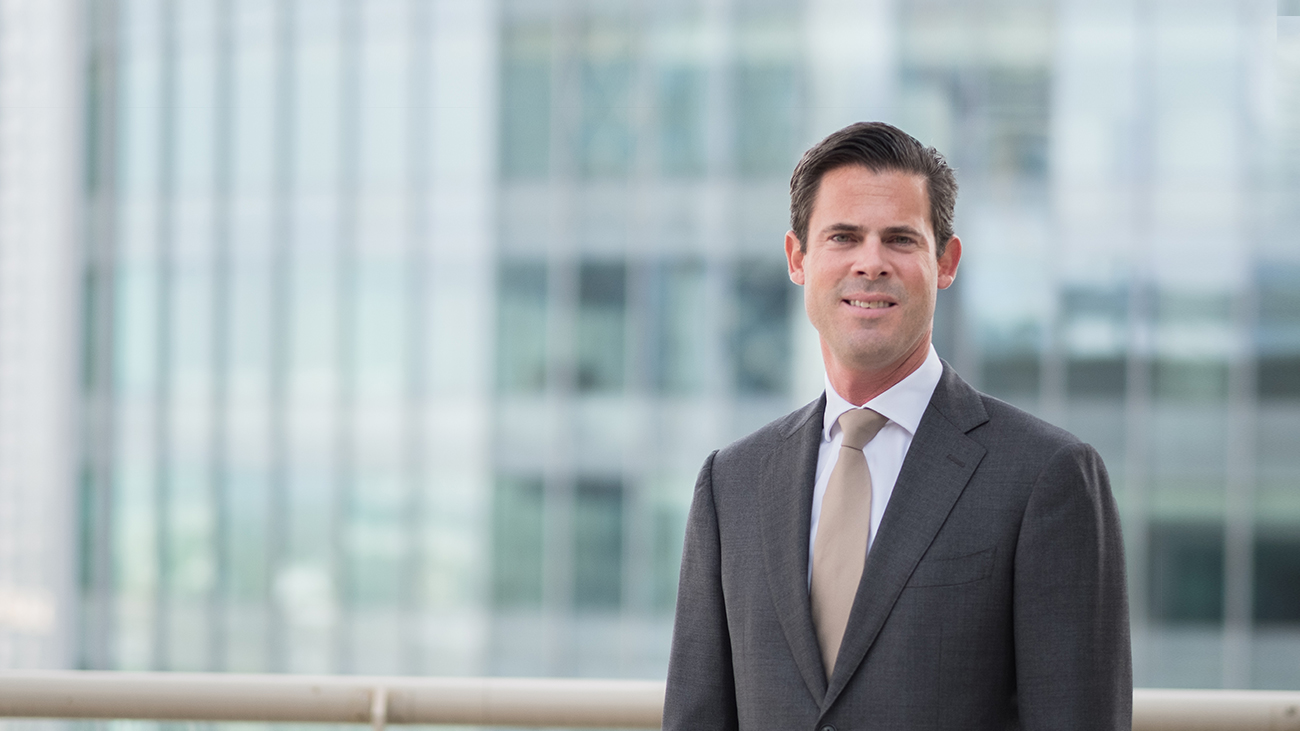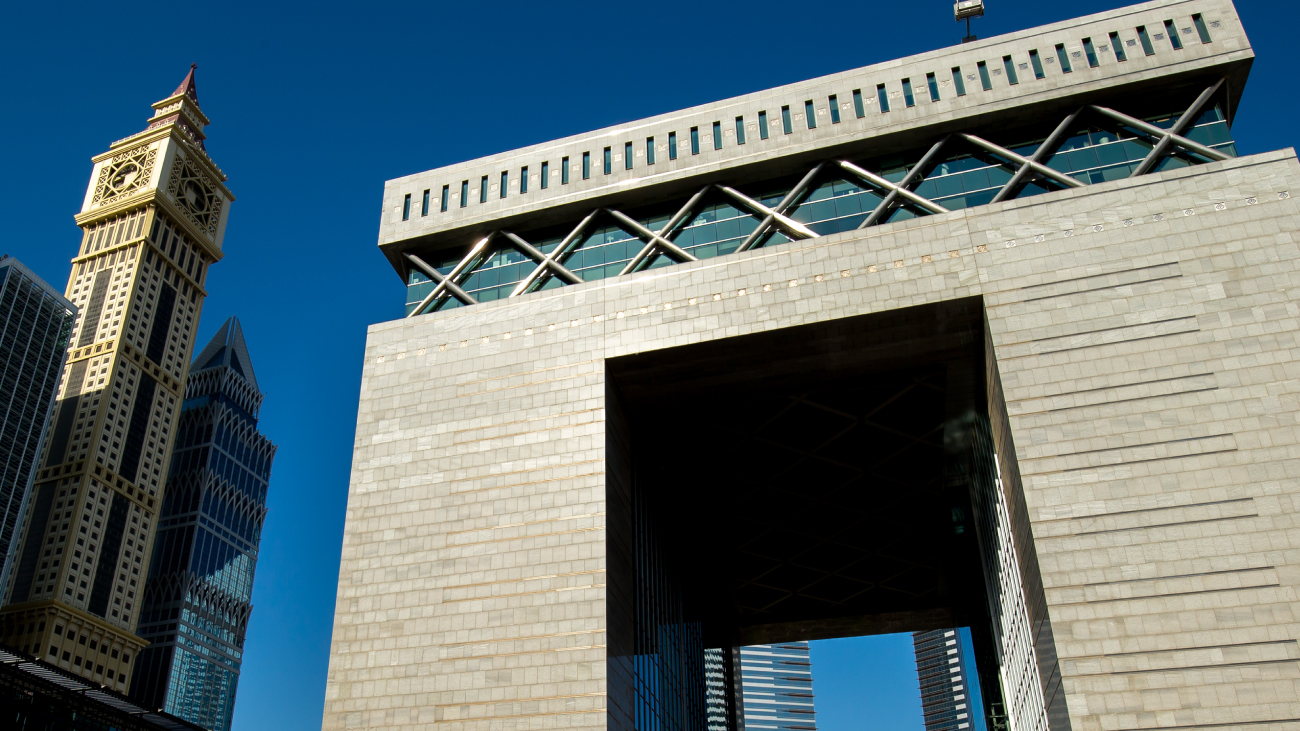Analysis & Insights
Foundation Frameworks Expand UAE Wealth Structuring Options
11 Dec 2019
In the context of the traditional corporate ownership of family business assets in the Gulf Cooperation Council ("GCC") region, complicated by foreign investment restrictions in these countries and worldwide tax implications particularly where family members are based in the US, foundations present a useful alternative to trusts, where retaining control over assets is preferred to assigning that power to a trustee. The foundation, as a separate legal entity, offers increased flexibility for transferring ownership to future generations, unconnected with a founder's personal wealth, providing protection over assets that may be subject to forced heirship rules and hostile takeovers.
At the current time, we are seeing significant demand for professional wealth structuring solutions in the Middle East, ranging from family offices to family businesses with assets in the UAE, other GCC countries and further afield, where foundations now provide a compelling option. In addition, we are seeing a significant number of philanthropic high net worth individuals achieve their charitable goals and give back to their communities by establishing a foundation which can run over a long or short timeframe as desired.
The foundation vehicle is also seen as appropriate in the corporate environment for the issue of depositary receipts and structuring orphan entities. As a corporate body with its own legal personality, although not able to conduct commercial activities, foundations have similar features to companies, in that they can enter into contracts and hold assets. Foundations do not have shareholders or members, however, instead being self-owned and managed by the foundation's Council in accordance with its constitutional charter which sets out its purpose and duration, while governance and operational procedures are dictated by its by-laws.
Local Arrangements Enhance Governance
The new legal frameworks represent a significant advancement for high net worth individuals and families in the GCC in their ability to now be able to make successful wealth planning and succession arrangements locally in the MENA region. In this context, DIFC and ADGM foundations provide the combination of a tax efficient structure with greater control for holding GCC based assets, notably real estate which is not allowed in a trust, alongside a modern and effective framework for sound corporate governance. Council members, based in GCC countries, are able to meet locally and provide full operational oversight of the activities of the foundation, in keeping with international best practice. The tax efficiency benefits of a foundation also extend to the capability to incorporate regional tax treaties into wealth management strategies, as well as succession planning according to Sharia principles for Muslim families.In addition to no statutory duration limits on the structure, DIFC foundations do not recognise or enforce foreign judgements or preclude any heirship rights with respect to foreign legislation. It is also notable that mistakes or actions with unintended consequences in regard to any incorrect dispositions of a foundation's property can be rectified by the DIFC court using common law principles, while disputes can also be directed towards private arbitration.
The ability for a company to convert into a foundation, as well as to migrate foundations in and out of the jurisdiction are other welcome features in the legislation which has been inspired by some of the most popular and highly regarded international financial centres specialising in this product.
With vast experience in providing specialist trust and administration services to international high net worth individuals and families in all major markets and time zones, in tandem with our legal services team, the Maples Group specialises in developing dynamic and sophisticated wealth and estate planning strategies, customised to the varied personal, cultural and financial needs of each family member. By leveraging our global expertise in key trust jurisdictions such as Bermuda, the British Virgin Islands, Cayman Islands, Hong Kong and Jersey, combined with our long standing relationships and intimate knowledge of working in the MENA region, the Maples Group is perfectly placed to provide corporate governance services to the new foundation regimes in the United Arab Emirates.








